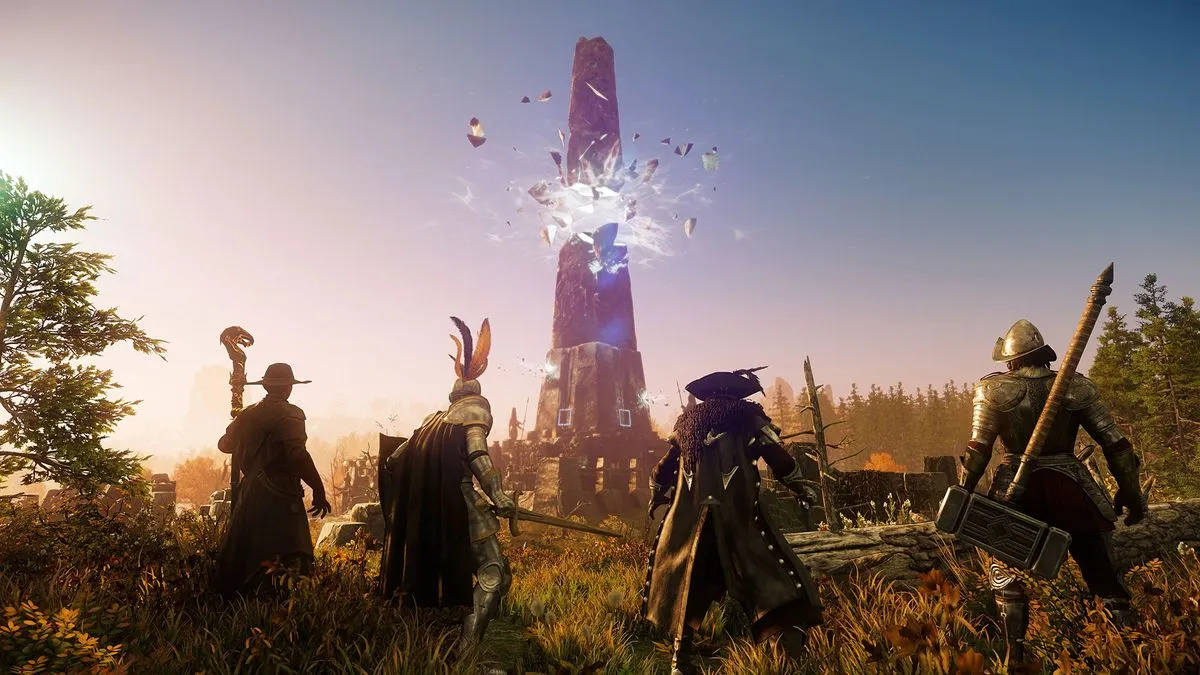I was naive to think they'd try easing into this stuff, but — perhaps fortunately for public outrage and taking action — they are being loud and clear about it. Really just no subtlety whatsoever to the fascist horror.
Watching the count last night, I remarked to my friend that Democrats lost people in the middle—the undecided voters whose existence I struggled to understand a few months ago—because they don't actually have any principles and convictions; if they did, they'd eventually have to address issues that neoliberal capitalists want people to ignore, so they remain ineffectual and uninspiring.
Thus, white middle-class centrists who don't actually comprehend the threat to minority groups drifted back into their nostalgic dreams of 'smaller government' and 'lower taxes', regardless of being presented no evidence those things will be delivered. In their minds, those theoretical ideals are more exciting than another establishment Democrat with no values who does nothing to speak to their woes.
Viability of crafting endgame gear has felt like it's been in flux since release. I think having craftable BiS gear—with fully-customized and guaranteed perks at a very steep resource cost—would be fine mechanically, considering perk variety would necessitate multiple sets for different applications.
The only issue with a steep resource cost would be accessibility. Naturally, the largest companies are going to do their best to lock down all farming spots necessary for BiS crafting. Right now, the costs are high yet attainable by smaller companies or individual players; if however a large company decides they're going to outfit their entire regiment in craftable BiS that has massive costs, smaller groups might not be able to access those resources for months at a time due to round-the-clock farming.
This is all the more reason I'd be a fan of randomly-spawning resource locations, within a set area, in addition to the static spawns. A bit of random chance could help even the playing field between large companies and small ones seeking to harvest resources.
Agreed. The problem is that so many (including in this thread) argue that training AI models is no different than training humans—that a human brain inspired by what it sees is functionally the same thing.
My response to why there is still an ethical difference revolves around two arguments: scale, and profession.
Scale: AI models’ sheer image output makes them a threat to artists where other human artists are not. One artist clearly profiting off another’s style can still be inspiration, and even part of the former’s path toward their own style; however, the functional equivalent of ten thousand artists doing the same is something else entirely. The art is produced at a scale that could drown out the original artist’s work, without which such image generation wouldn’t be possible in the first place.
Profession. Those profiting from AI art, which relies on unpaid scraping of artists’s work for data sets, are not themselves artists. They are programmers, engineers, and the CEOs and stakeholders who can even afford the ridiculous capital necessary in the first place to utilize this technology at scale. The idea that this is just a “continuation of the chain of inspiration from which all artists benefit” is nonsense.
As the popular adage goes nowadays, “AI models allow wealth to access skill while forbidding skill to access wealth.”
I was banned from r/LateStageCapitalism for politely supporting a post with this reasoning. I pointed out that Trump would make the conflict even worse for innocents, and voting third-party to make a statement against neoliberal Democrat rule (which is bad) is a position that, in this moment, only the least-vulnerable in America can take when there is a risk of outright christo-fascism threatening the least-enfranchised.
Banned. “This is a socialist sub.” Proceeded to see a post from a mod openly mocking anyone who entertained lesser-of-two-evils arguments; they sounded like a sneering teenager. Over there, it’s all theory and no parsing of theory with reality.



I feel conflicted. On one hand, people can regulate themselves, and Facebook becoming a bigoted cesspit may bring more people to a moderated Fediverse.
On the other hand, these major platforms having such user monopoly and influence can cause unfettered hate speech to breed violence.
I’m conflicted about the idea that an insidious for-profit megacorporation should be expected to uphold a moral responsibility to prevent violence; their failure to do so might be a necessary wake-up call that ultimately strips them of that problematic influence. Thoughts?